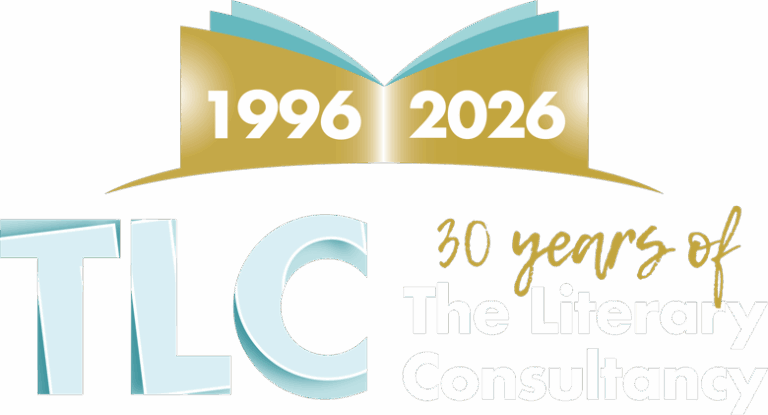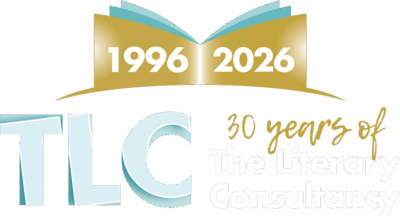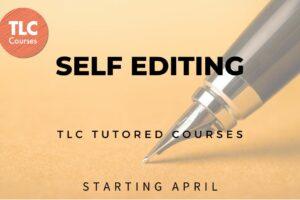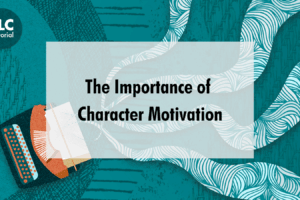There is an age-old sense of feeling inadequate when it comes to writing. We’ve all heard of ‘imposter syndrome’ – and of course this doesn’t just apply to writing. For many, there is an omnipresent sense that ‘I’m not good enough’ or ‘I couldn’t possibly write’. But why not? I firmly believe that writing should be an accessible activity for all – and the more this mentality can be shared and believed, the more likely we are to break down barriers regarding the process of writing.
As a freelance educator and writer, I regularly work with people who have vast differences in terms of experience. I facilitate writing workshops where some attendees have never written before, whereas others have honours degrees in creative writing. Does that make one person better than the other, or someone’s work less credible than someone else’s? No, of course not – everyone’s writing deserves to be recognised, regardless of their background – but this is a difficult, quite challenging attitude to get writers to believe.
When I started facilitating a six-week writing course early in 2023, one attendee stated very clearly that he didn’t think he could write – apart from in the transactional form, such as letters. He is a keen reader – and quite happy to talk about his book recommendations. There is something about reading out a piece of work that fills people with dread. Will someone judge me? Perhaps my work will be the weakest in the whole group? It is often tricky to convince novices that any sharing is good sharing – and, indeed, that any writing is good writing. It is one thing to get it down on the page but another to read it out to a quiet room, not knowing what people’s judgements will be. Often, someone’s reaction to another person’s reading is subjective. We do not always know what an audience member’s own experience is, or how they will respond. As the weeks moved on with my writing group, this particular individual built up his confidence – and quite rightly shared his writing more frequently, including engaging in activities outside of the parameters of the sessions.

I frequently encourage writers I work with to share if they are comfortable with the process – and I regularly tell them how hearing others’ work is a significant part of the craft. It is interesting to see how writers self-edit as they are sharing, thinking that a phrase or word might not sound ‘right’. We are, perhaps, inclined to want to justify our decisions, as if we want to protect our audience, or get them ‘on side’. It is interesting why this is the case, I think, as I do not believe we are ever taught to behave in like this. Perhaps it is something to do with writing being perceived as elitist, or not for everyone.
Working with a wide range of writers from extremely diverse backgrounds consistently reminds me of how being open with everyone is imperative. A writing workshop should be a safe space. No-one should feel judged. After all, the purpose is to allow attendees to develop their own craft, to feel empowered, to enjoy the process of getting pen to paper and leaving with something new. This may not go anywhere, other than the bottom drawer of a desk or tucked into the back of a notebook, but perhaps it will develop. Maybe it will be worked on further, nibbling away in the writer’s mind, never allowing them to stop. These things can’t be predicted. As all writers know, some ideas just ‘work’, whereas others feel like no-go areas from the outset. It is recognising this that is a very important component on the whole creative process.
I firmly advocate that writing is for everyone, whether it’s a scribbled down list of ideas, or something more expansive, such as a long-term plan for a novel. Reinforcing this to people I work with is imperative, as is listening to their work and encouraging them to share theirs with others. Receiving positive feedback, or indeed constructive suggestions on how to improve, can be incredibly empowering. The more we do this, and the more people believe in themselves, the more likely we are to get writers, novices or not, to believe in their own abilities. Any writer knows that the process of getting words onto paper is a healthy habit to have – particularly if one wants to improve craft. Now, we just need to break down the barriers that make some feel inadequate, to allow them to believe that their ideas are as good as the next person’s.









One Response
You touch on many important issues. I believe that many people are rendered mute by negative feedback and the world is poorer for that. Any art that is silenced is a loss for everyone. The key is to remember that while sharing our writing makes us feel vulnerable and exposed, it is also an opportunity for growth. We can decide what to do with the feedback we receive and how to interpret it.